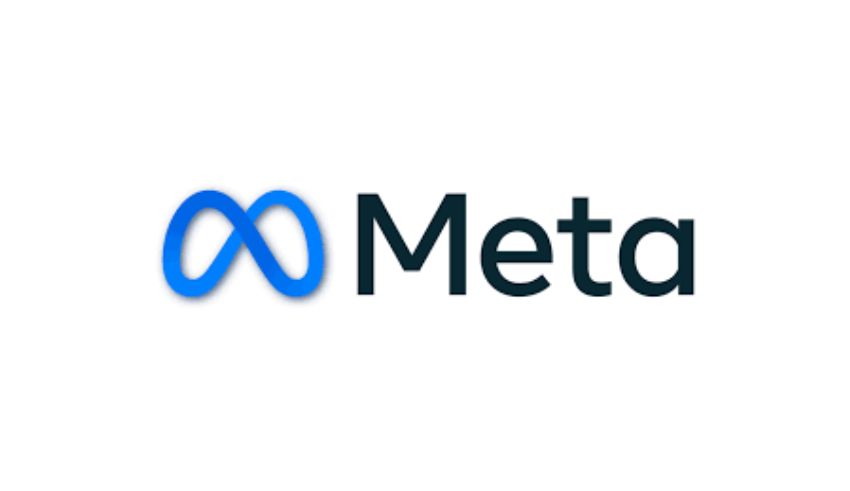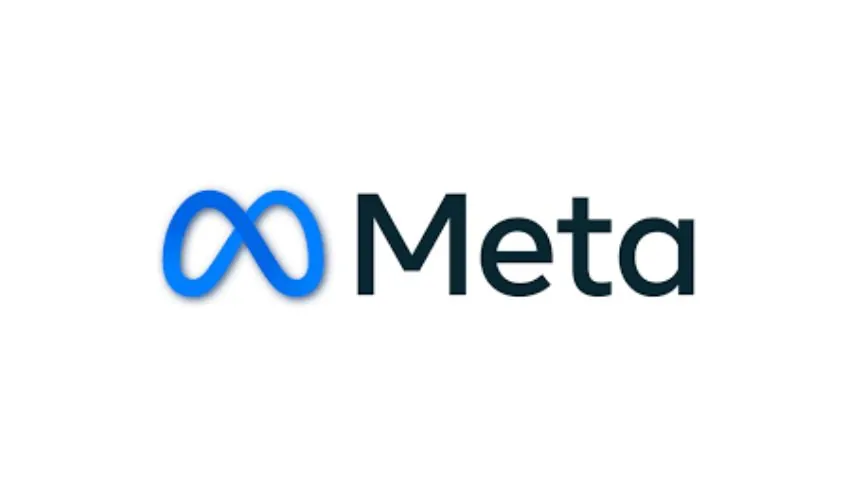

(C) Meta
Meta Platforms, Facebook’s parent company, has been ordered to show before a court over a case started by the Federal Trade Commission (FTC), accusing the juggernaut of anti-competitive activities. The FTC claims that Meta’s purchases of WhatsApp in 2014 and Instagram in 2012 were intended to destroy emerging competitors in the social media market, so keeping its monopoly on the sector, not to improve its business portfolio. The ruling of a judge on Wednesday revealed that the case will proceed, therefore signifying a turning point in the ongoing inquiry of Big Tech companies and their market activities.
Originally during the Trump administration in 2020, the FTC’s investigation says Meta engaged in illegal business operations aimed to maintain its monopoly on the social media market. To discourage competition rather than boost its own businesses, the FTC alleges Meta overpaid for both Instagram and WhatsApp. The federal agency claims Meta’s strategy was to absorb rather than allow these potential rivals to face Facebook on their own merits. The FTC argues that Meta’s purchases were meant to prevent fast growing photo-sharing site Instagram and messaging service WhatsApp from reaching their full potential, therefore endangering Facebook’s domination.
The fundamental argument of the FTC is that Meta’s conduct harmed consumers as well as innovation by reducing social media competitiveness. The commission claims that Meta bought out rivals instead of confronting them, thereby depriving consumers of more choices and better products and so lowering the likelihood for new platforms to emerge. The lawsuit claims that Meta’s activities disrupted market dynamics and impeded the establishment of a naturally occurring healthy competitive ecosystem.
Meta’s contention is that the FTC’s viewpoint of the social media sector is too narrow. The company argues that the regulatory agency has not considered other digital rivals such ByteDance’s TikTok, Google’s YouTube, X (formerly known as Twitter), and Microsoft’s LinkedIn—which also run inside the bigger digital communications and entertainment ecosystem. Meta contends that apart from traditional social media sites like Facebook, Instagram, and WhatsApp, the market should include other platforms that offer identical services and vie for users’ time and attention, thereby defining it not simply by those platforms.
Meta argues further that purchases of Instagram and WhatsApp were deliberate actions aimed to boost its user base and broaden its digital portfolio, not merely killings of rivals. The company notes that its acquisitions enabled the inclusion of these services into its primary platform, therefore enhancing the digital ecosystem serving consumers via better connectivity and user experience. Meta contends that the FTC’s allegations result from a flawed view of the digital market, which has evolved significantly since the mergers took place.
The prosecution of Meta is a part of a larger endeavor by the FTC and other U.S. antitrust regulators to rein in the dominance of major tech companies. Apart from Meta, major digital businesses such Amazon, Apple, and Alphabet (Google) are under more and more scrutiny on their market strategy. These antitrust actions are being pursued because of growing concerns about a few large companies controlling significant areas of the economy, therefore limiting competition, and finally harming consumers.
One of the main focuses of these court conflicts is the practice of “killer acquisitions,” in which powerful companies buy probable competitors to neutralize growing challenges to their market position. Examined as an example of this type of anti-competitive behavior, the FTC’s lawsuit against Meta might set a significant precedent for how authorities evaluate upcoming mergers and acquisitions should be successful.
Separate cases aimed at Amazon, Apple, and Google come from the FTC and the U.S. Department of Justice. Apple’s App Store rules are under investigation for perhaps compromising competitiveness, while Amazon has been charged with anti-competitive behavior related to its marketplace. Legal challenges against Google for allegedly changing search results to give its own services first priority also prevent other search engines from fairly competing. Taken together, these actions reflect a larger regulatory effort to ensure Big Tech does not continue dictating markets in ways that harm consumers, reduce innovation, or generate unfair entrance barriers for smaller companies.
For Meta, the next trial represents a turning point since it will determine if the company should pay more fines aimed to reduce its power in the social media scene or sell Instagram and WhatsApp. Should the FTC prevail in the action, Meta might be forced to sell off these purchased platforms or apply significant business practice change in order to restore competitive balance. This could have broad effects on Meta’s company, especially with relation to its approach to forthcoming acquisitions and tech industry competitiveness.
For Meta, stakes are really high. The corporation has been growing and diversifying its portfolio, particularly with regard to virtual reality and the metaverse, but the legal problems it runs across could have long-term effects for its market stance and next corporate goals. The prospect for mandatory divestments of Instagram and WhatsApp could throw off Meta’s plans for integrated social media services and limit its ability to negotiate new competitors in the digital sphere.
The outcome of the Meta case will most likely have wide consequences not only for Meta but also for the whole technological industry. Particularly in the framework of digital platforms, a ruling in favor of the FTC can lead to new guidelines for antitrust laws. Particularly in view of increased worries about monopolistic behavior and the likelihood of “killer acquisitions” so limiting competition, the case will influence how regulators evaluate tech industry mergers and acquisitions.
As additional Internet companies come under investigation, the Meta trial gives authorities an opportunity to reassess how antitrust laws relate to the constantly changing digital economy. The case will also most likely set the standard for how forthcoming mergers and acquisitions in the tech industry as regulators pay closer attention to the probable effects on competitiveness and consumer welfare.
The trial against Meta’s purchases of Instagram and WhatsApp signals a turning point in the ongoing struggle to put Big Tech’s power and influence under control. The outcome will influence not only Meta’s next business policies but also the regulatory climate for internet companies growing forward. Targeting large internet giants including Google, Amazon, and Apple, multiple antitrust cases presently under challenge depend on the Meta trial as a crucial test case for how authorities may effectively limit monopolistic practices and encourage competition in the digital market. The implications of the trial for antitrust laws and the tech industry will be extensively noted as the biggest tech companies in the world are under increasing pressure to operate inside a more competitive and consumer-friendly environment.
The 36-year old Indian cricketer, Ravindra Jadeja has garnered the glory of becoming the No.1 all-rounder in the Test rankings…
On 14 May 2025, three artists Ken Miyake, Hiromitsu Kitayama and Yuma Jinguji from the TOBE agency has come forward…
China’s exports of steel to ASEAN countries had significantly sky-rocketed in Q1-2025, with an astounding 36.55 million tons traded within…
This June 2025 is going to be a historical moment for both the teams South Africa and Australia, who are…
Han So Hee is well known among the fans who follow the K-dramas ardently and she is recognised for her…
In a bid to strengthen its grip on the business, Singapore-based Frasers Property which is owned by Thai billionaire Charoen…
This website uses cookies.
Read More